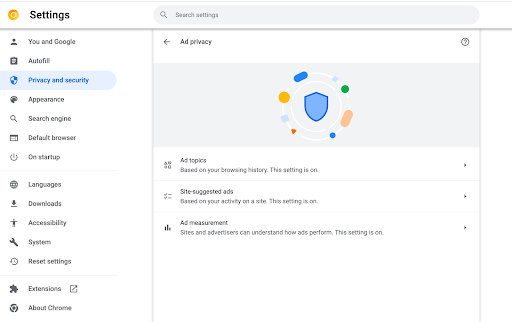Google has announced the discontinuation of multiple Privacy Sandbox APIs previously developed to replace third-party cookies in Chrome and Android. Anthony Chavez, Vice President of Privacy Sandbox at Google, confirmed the decision, citing industry feedback and limited adoption of the proposed alternatives.
Advertisеment

Timeline of Delays and Reversals
Google initially planned to disable third-party cookies in Chrome by 2022. The company postponed this deadline repeatedly due to resistance from the advertising sector and insufficient uptake of replacement technologies. In spring 2025, Google abandoned the cookie deprecation plan entirely. Now, six months later, the company will also discontinue active development and integration of several associated privacy-focused APIs.
Discontinued Privacy Sandbox APIs
IP Protection
This feature routed user traffic through proxy servers to mask IP addresses from website operators, mimicking VPN functionality.
Topics API
Designed for ad targeting, Topics API categorized user interests based on browsing activity stored locally on the device, enabling interest-based advertising without individual tracking.
Attribution Reporting API
Google will replace this API with the W3C-led Ad Attribution standard, which aggregates conversion and click-through data while preserving user privacy.
Private Aggregation
Enabled cross-site data aggregation for metrics such as visitor uniqueness and demographic reporting without exposing individual user data.
Provided a key-value storage system accessible across sites without domain binding.
Protected Audience
Supported remarketing and audience evaluation by working with users who had previously visited a site.
Related Website Sets
Allowed browsers to recognize relationships between sites and permit limited cross-site data access.
requestStorageAccessFor
Extended the Storage Access API to request permissions for cross-site data access.
Related Website Partition
Permitted third-party scripts to operate across groups of affiliated websites.
Select URL
Enabled URL selection based on Shared Storage data without exposing the underlying information.
Protected App Signals
Captured in-app user activity—such as installs, first launches, session duration, purchases, and actions—for ad personalization without transmitting data externally.
SDK Runtime
Ran third-party libraries in an isolated Android process, preventing access to the host app’s memory and resources.
On-Device Personalization
Leveraged locally stored Android user data for personalization without sending information to external servers.
Retained APIs with Cross-Browser Support
FedCM (Federated Credential Management)
Enables privacy-preserving federated identity services without reliance on third-party cookies.
CHIPS (Cookies Having Independent Partitioned State)
Isolates third-party cookies by top-level site using the “Partitioned” attribute, preventing cross-site tracking while maintaining functionality.
Private State Token
Facilitates bot detection and user verification across contexts without transmitting identifiable information. Verified sites issue tokens stored in the browser, which other sites can use to confirm a user’s authenticity.
Support us
Winaero greatly relies on your support. You can help the site keep bringing you interesting and useful content and software by using these options:
